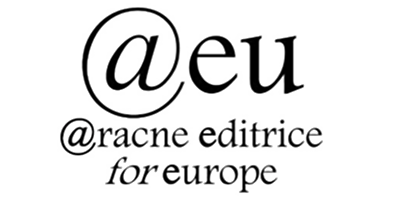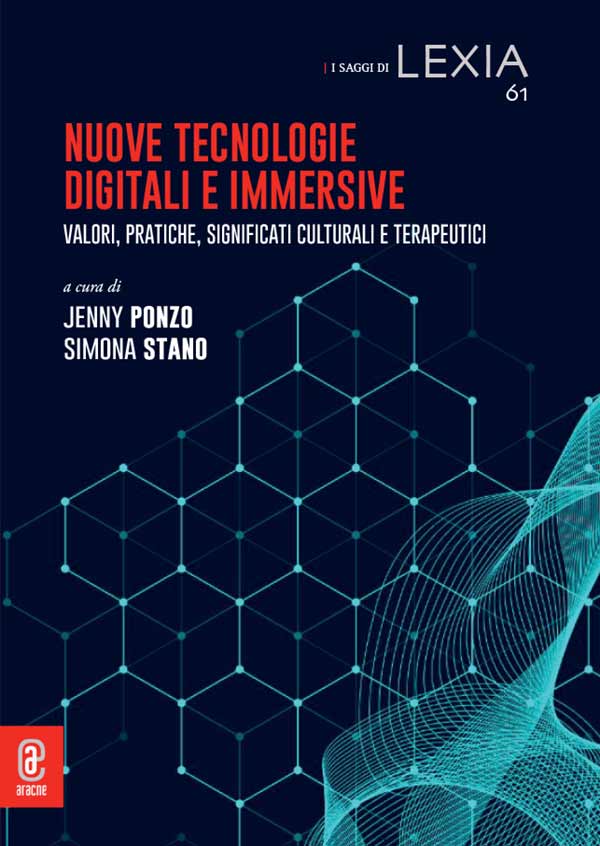DOI: 10.53136/97912218191997
Pagine: 99-112
Data di pubblicazione: Maggio 2025
Editore: Aracne
SSD:
M-FIL/05
Virtual thought experiments represent an evolution of traditional mental experiments, leveraging digital technologies to create new forms of inquiry. This paper proposes a semiotic typology, arguing that for a mental experiment to be truly “experimental”, it must exhibit fallibility — defined as the potential to fail through resistance that generates a logical interpretant capable of assessing success or failure. Building on Peirce’s semiotics, fallibility is articulated in three forms: indexical, where hypotheses confront observable data; symbolical, emerging from tensions with cultural conventions; and iconic, specific to simulative environments, manifesting through unforeseen or counterintuitive interactions. The study classifies thought experiments into five types — conceptual, narrative indexical, virtual simulative, interactive ontological, and performative — each varying by semiotic domain, fallibility mode, interactivity, and epistemological goals. It concludes that virtual thought experiments require intentionally designed resistance to facilitate the emergence of logical interpretants, simulating conditions that enable users to construct meaningful insights. This reconceptualization integrates empirical and semiotic fallibility, providing a foundation for a rigorous epistemology of digital experimentation.




